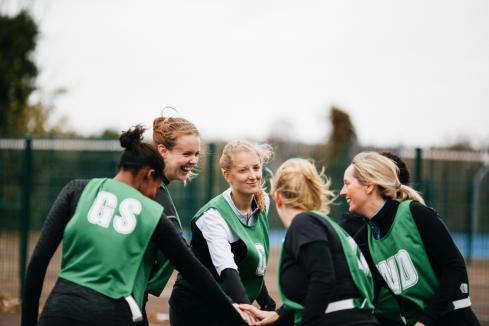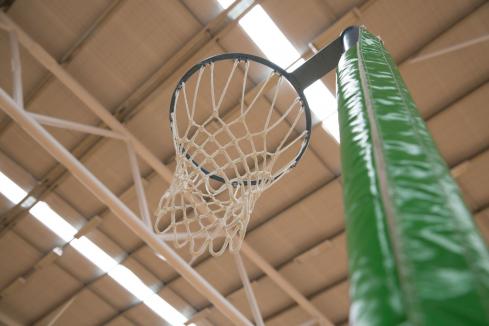The stunning success of the Matildas will help in the highly competitive push to access resources.


WHEN choosing a topic for this column, I could not look past the mighty Matildas and their barnstorming performance at the FIFA Women’s World Cup.
The excitement they generated, as the first Australian football team to make the semi-finals of a world cup, has been well reported.
And, like the Cathy Freeman moment of the Sydney Olympics in 2000, it will live on as part of sporting folklore.
The Queensland government has certainly embraced the Matildas’ success in ways unimaginable before the tournament, presenting them with the keys to the city of Brisbane and a commitment to build a statue outside Lang Park.
While some may say that’s an over-the-top accolade for a team that did not win the cup, it demonstrates the unprecedented impact Sam Kerr and the team have had on the Australian psyche.
Who could have imagined the start of an AFL blockbuster at the MCG being delayed, so spectators could watch the nail-biting conclusion to the Matildas’ quarterfinal against France?
The men’s national basketball team, the Boomers, rescheduled their game against Brazil to avoid a clash with the Matildas taking on England in the semi-final.
Boomers captain and NBA star Patty Mills said the change was a “no brainer”.
Going into the tournament the Matildas were ranked 10th in the world, suggesting they had a fighting chance of success.
They had also captured headlines in April when they beat the Lionesses (2-0), in England.
But the pundits quickly pointed out that match was a friendly, and not an accurate indicator of form.
Kerr, a striker for Chelsea, came third in the Ballon d’Or for the second year running in 2022, cementing her place in the highest echelon of players.
But she was only nudging ‘household name’ status when the first World Cup match kicked off. Now that’s all changed.
Within a matter of weeks, the best attended cup in history and the Matildas’ performances combined to catapult women’s sport into the national conscience like never before.
The success and profile of the Matildas has granted women’s football, and women’s sport more broadly, a once-in-a-generation opportunity to leverage this national interest for its long-term success and sustainability.
Access to resources, across both men’s and women’s sport, remains highly competitive.
Like most competitive landscapes, strategic planning and an ability to demonstrate a tangible return on investment will be necessary to get ahead of the pack and to stay there.
On the back of the Matildas’ success, the competitive stakes have certainly gone up a notch and every code must take notice.
Head of Onside Law in Australia, Kendall Perry, said organisations that would get a greater share of resources would be those “who can demonstrate what any funding allocation will be used for and what positive differences that funding will make”.
Soccer Australia has already flagged it will be targeting federal government funding that is commensurate with its position as the highest participation sport in the country.
On the matter of gender parity, the Australian Football League has sent a strong signal to attract and retain its share of female talent by releasing plans to peg the AFLW’s prizemoney at the same level as the men’s AFL.
Was the timing of that announcement, less than 24 hours after the cup concluded, pure coincidence or competitive tension already at play?
Ms Perry was unequivocal in how she thought the Australian sporting industry would respond to the Matildas’ success.
“By investing more in women’s sport,” she said.
“The Matildas, and the World Cup, have proven that women’s sport is a marketable product that millions of Australians, of all genders and all ages, want to watch and engage with.
“But to develop that product, you have to invest.”
The moment for women’s sport in Australia is now and the opportunity must not be wasted.
• John Gardner is the founder and managing director of Sustainable Sport Australia and has spent more than 25 years consulting to the business, NFP and sporting sectors











